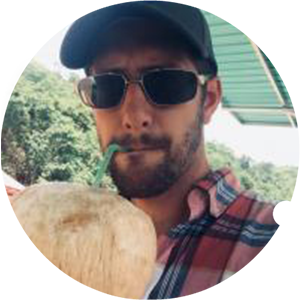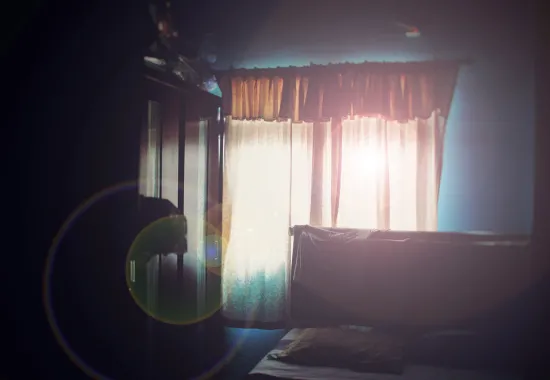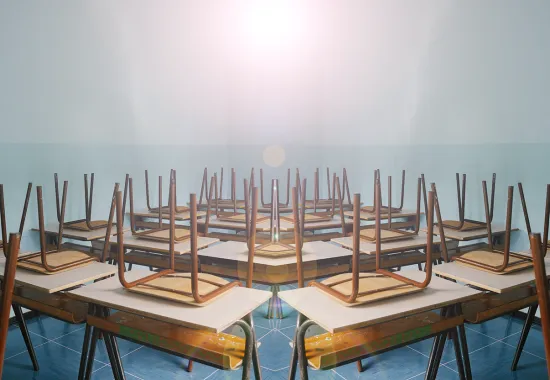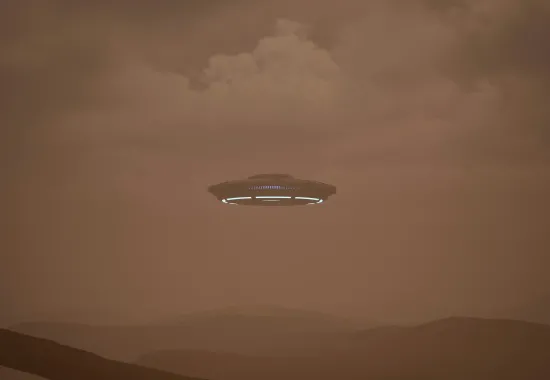The Cure for the Terrible Disease
In hindsight, graduate school was a utopia.
Aside from the stress of deadlines, reading confusing post-modern literature, and balancing the stressors of responsibility, the community of creatives became a safe place. An environment where we all suffered from brutal workshops of our short stories, stacks of rejection letters and a love to discuss the act of writing according to the terms our favorite writer’s may have coined and figure out if writing to be published was the ultimate goal. To be honest, all of us in the cohort learned from each other and helped define each other’s missional statements in regards to our craft, embracing failures to reach victories where a piece of writing reached beyond what we had intended when we began.
But then graduation arrived.
Through my best intentions, I tried to maintain a semblance of this writer’s community remotely. Occasional Facebook messages or half-hearted attempts at lunch but, when the children keep coming and the stack of student essays grows taller and more illogical, the only other writers you engage with are the many looking at you who would rather be doing anything else. For years, I suffered through rejection letters and stood cliffside wondering why I bother doing this to myself. Why write with no readership and for the dissatisfaction of abuse by agents, publishers and the infrequent reviewer? Coupled with some family drama of the fatal and criminal sort, my will and desire to write hung on life support.
Though the act of writing can be a lonely endeavor, it is imperative to share in the process. To find a community to share and analyze and critique and inspire each other in our work and our lives. To not let the flame disappear.
When I received the news that my critical essay I wrote when I was in this utopia was accepted at the North American Review’s 50th Year at UNI Conference, the finances and the timing worked perfectly. After the hell of the last few years, the chance to learn from other writers and the hope of inspiration to continue pushed me on the plane to Iowa.
Frankly, I had no idea what to expect. My sister’s first year of college was in Creston, so I had a vague understanding of the state, but a multi-day conference seemed as abstract to me as Billie Eilish’s music videos. My expectations involved drinking some Iowa beers alone in my hotel, watching the NBA playoffs and wandering Bartlett Hall from workshop to workshop on my own, gleaning information and insight to dissect by myself and tell my wife when I returned.
From the moment I boarded the plane to Waterloo from Chicago, the true epiphany I would have during the conference began. I sat next to Peter Cooley, a poet and retired professor from Tulane University (the Shakespeare socks gave him away). For the 45-minute flight, we discussed Saul Bellow, the struggles in teaching and what we expected from the conference. When we landed, a group of strangers had gathered around the man running the information booth asking how to escape this place. Fortunately, I met Robert McBrearty and Tim DeLizza who happened to be staying at the Country Inn and Suites as well so we took an Uber together. In the 15-minute van ride, we vented and discussed and exhorted all aspects of our craft, something I had not done in years. For the next two days, we walked to the UNI campus, attended the moving Terry Tempest Williams event and commiserated on the writing life, the triumphs and failures, the struggle to balance life and the compulsion to, as Elie Wiesel asserted, “bear witness” on a daily basis.
Community was birthed instantly. As if to work out some cosmic coalescing of what I needed, the panel on Saturday morning with Terry Tempest Williams, Sophfronia Scott, Taylor Brorby and Martín Espada all spoke of the value, the necessity, the healing of community. The power of sharing life and art to help us navigate the cauldron of emotions of this epoch and the eras destined for turmoil ahead. A call to embrace the diversity and beauty of each other.
Over the past few years, I have been writing a work on fatherhood. My own fractured relationship with my father, my fears of my own capacity to be a father and how our culture, our species, approaches this necessary role in both the good and the bad. While attending Sophfronia Scott’s workshop on reflection in creative nonfiction, I shared the gist of this project and the pain that went into it before a community of writers, many struggling with their own fathers, the loss of or the abuse by.
I must have told my story to dozens of people over the course of the conference and each exhorting me forward, pushing me beyond my own doubts and confusions about the purpose of such an intimate and revealing piece of writing. On Saturday, I attended the fiction workshop with Joseph Scapellato and afterword spoke with him about my issues with structuring this fragmentary piece. The beauty of the interaction (aside from getting a free meal out of it by association) was he took time to talk about writing, parenthood, Hawaii, teaching, and any other normal topic people may discuss.
In a way, the speakers and others I met echoed something I had been lacking as a writer. Though the act of writing can be a lonely endeavor, it is imperative to share in the process. To find a community to share and analyze and critique and inspire each other in our work and our lives. To not let the flame disappear.
As Kurt Vonnegut said, “What should young people do with their lives today? Many things, obviously. But the most daring thing is to create stable communities in which the terrible disease of loneliness can be cured.”
Here’s to the cure.
Recommended
I Have Only Dreamed You Dead, For Now.
Encounter
Schizophrenic Sedona






